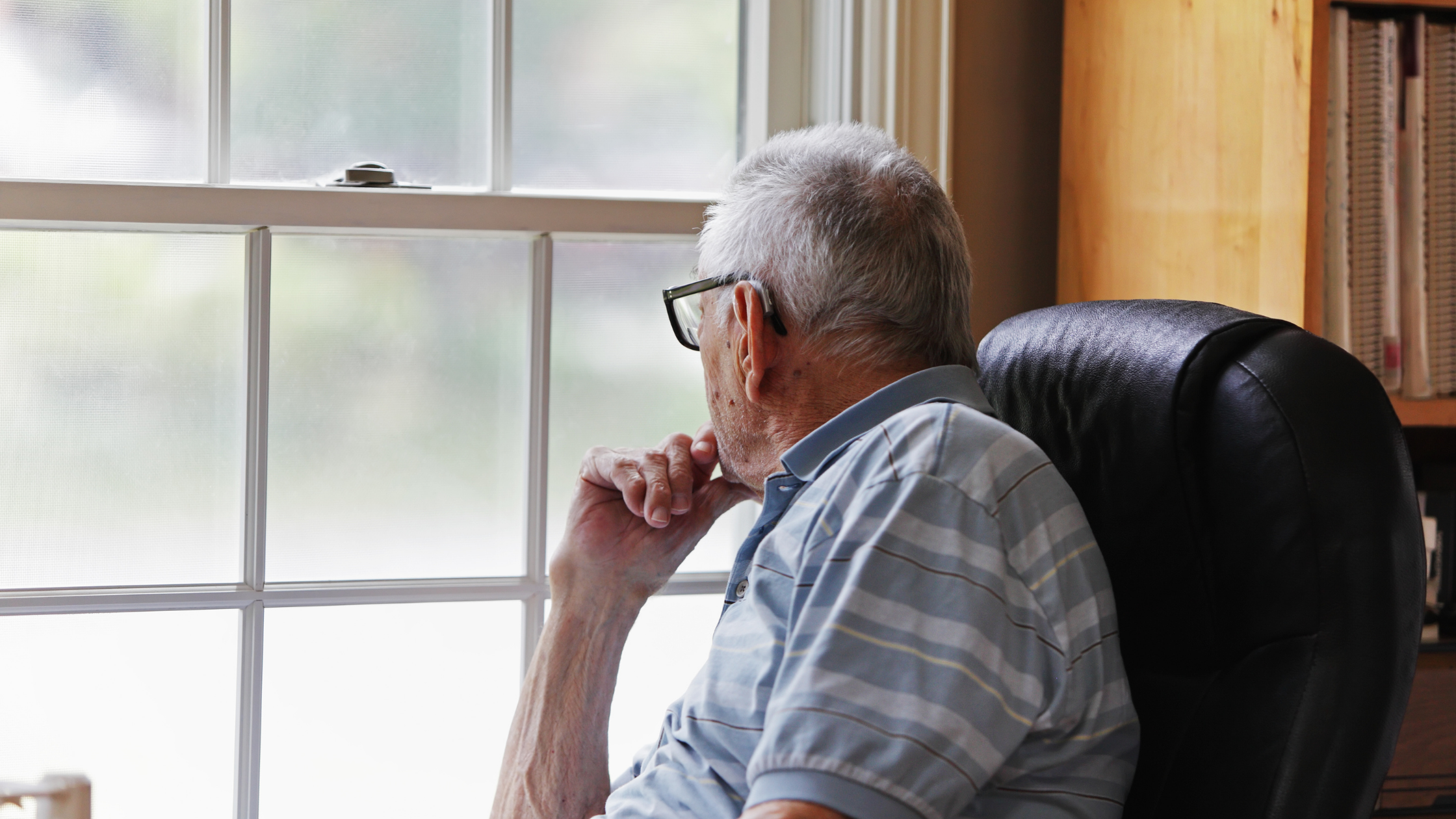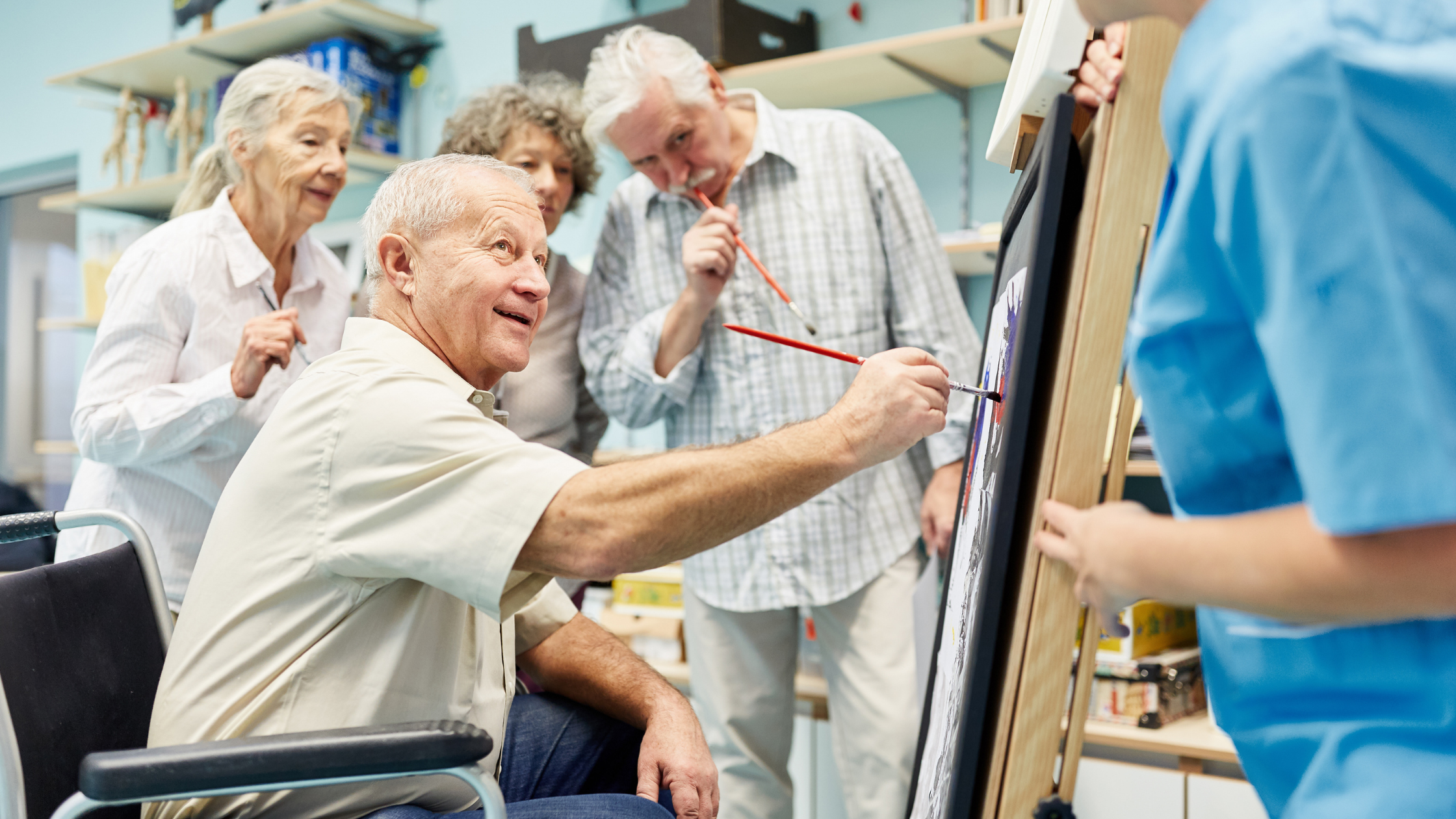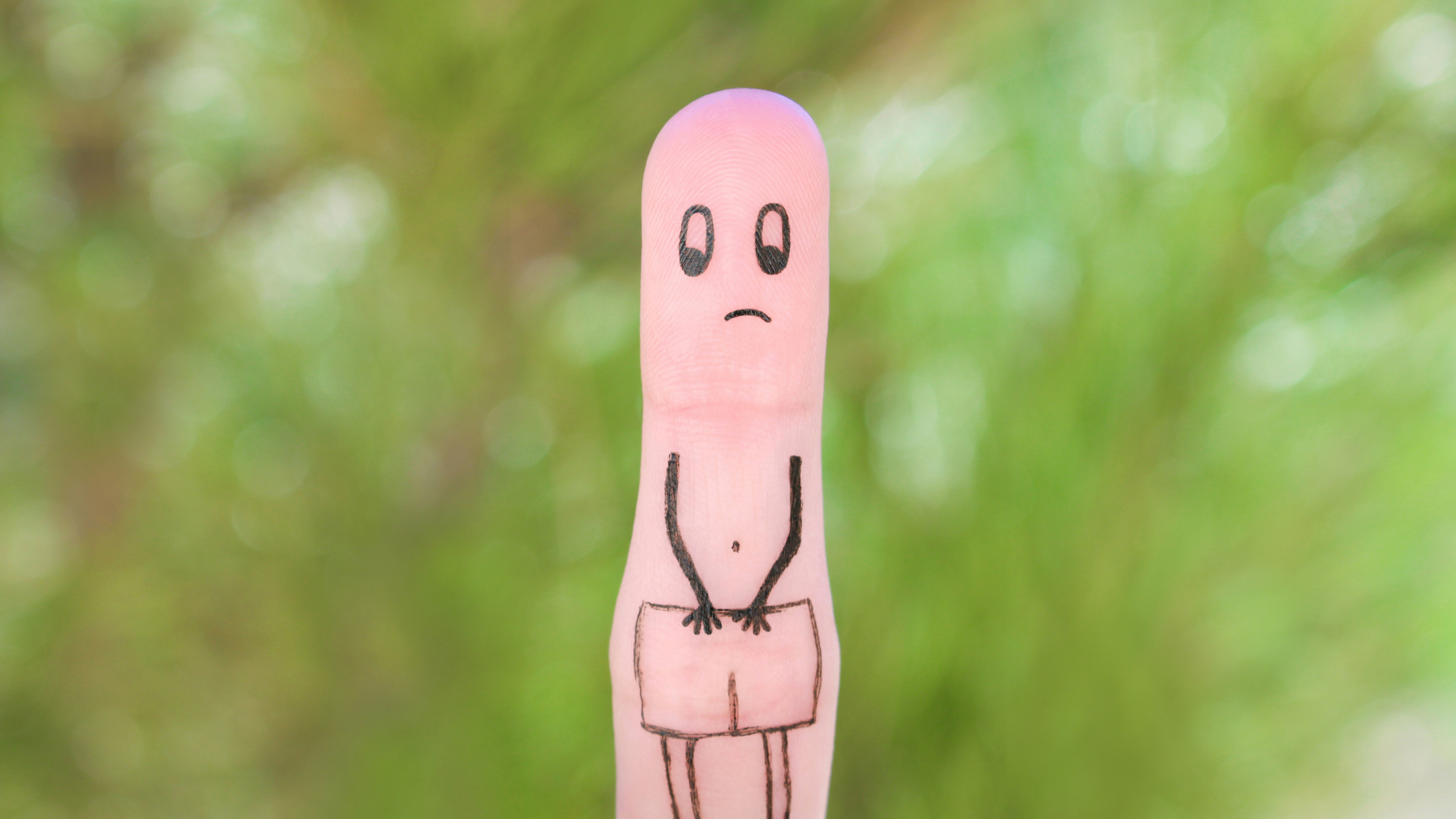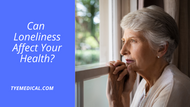Can Loneliness Affect Your Health?
Written by TYE Medical on Jun 14th 2022
Loneliness is a complex human emotion that is unique to each of us. We all have different triggers and experience lonely feelings in different ways, for different reasons. It’s common to feel alone if your spouse is chronically ill or has passed. Loneliness can settle in if your family has moved away or isn’t able to spend as much time with you. And yet, you can also feel alone in someone else’s presence due to a lack of connectedness.
While no one enjoys feeling isolated, this emotion is more than just uncomfortable. It also impacts your health in serious ways.
What Is Loneliness?

As mentioned, it’s not just physical aloneness. You don’t have to be physically alone to experience loneliness. It’s a state of mind often associated with feeling empty and unwanted. You usually crave human contact, but the empty feeling makes connecting with others very challenging.
And loneliness isn’t solitude. Loneliness involves feeling rejected despite the desire for social connections. Solitude, on the other hand, is voluntary. You choose to be alone and enjoy spending time by yourself. And you maintain your social relationships, engaging in them as you crave social interaction. In other words, solitude is healthy but feeling alone isn’t.
Health Risks Related to Loneliness

You’ll find both physical and mental health risk factors listed. Your mental state often has a direct impact on your body and its functions.
Lower-Quality Sleep
Contentment and feeling secure in your surroundings contribute to a good night’s rest. But the negative state of mind and emotional turmoil that accompanies loneliness can interrupt your sleep, fragmenting and disrupting it.
Increased Risk of Depression
The loneliness you experience today could be an indicator of future depression accompanied by feelings of helplessness and pain. Studies have shown that the two go hand-in-hand. And depression often worsens as loneliness deepens.
Onset of Chronic Inflammation
Social isolation can increase inflammatory chemicals that trigger your immune system to respond to threats even when there are none. This chronic inflammation can lead to other diseases like type 2 diabetes, cancer, heart disease, and rheumatoid arthritis.
Increased Dementia Risk
Adults who experience above-average levels of loneliness are 40% more likely to develop dementia and other cognitive diseases. Conversation and interactive relationships boost cognitive health, which means the absence of these types of social engagements can lead to a decline.
Heart Problems
Studies link loneliness to a 29% higher risk of heart attack and a 32% increased risk of stroke. This may be due to an increase in blood pressure and other stress factors related to social isolation. When you’re feeling alone, you deal with life and its problems by yourself, and this can take a toll on your cardiovascular system.
Feeling alone also impacts your lifestyle and allows unhealthy habits to creep in. If you’re lonely, you’re more likely to eat a high-fat diet, get less sleep, and skip exercise. Each of these can contribute to negative health effects.
Tips for Overcoming Loneliness

If you want to beat loneliness, you’ll have to make changes that aren’t comfortable at first. But the reward is increased health and happiness.
Develop Close Friendships
This means seeking out opportunities to meet new people or reestablish previous connections. Not sure where to start? Try participating in community service projects or other activities. All it takes is two or three close friends and some face-to-face interaction to boost your sense of well-being. This is because it’s not the number of social interactions but the quality of them.
Cultivate Positive Thinking
Practice thinking more positively by seeing the bright side in each situation. Make this a habit in your general life and carry it into your social situations. Often, people who feel lonely expect rejection from others. But if you learn toadjust your attitude and expectations, making those personal connections will be much easier.
Talk to Someone About It
Find someone you trust and talk to them about how you’re feeling and the struggles you’re having connecting. Simply talking about it can relieve pressure and even alleviate some of your lonely feelings.
Loneliness Can Affect Your Bladder

Prolonged feelings of isolation often lead to depression. Because depression alters serotonin function in your brain, it has been linked to urge incontinence. So if you’re feeling alone and down, you might notice an increased urgency when you have to pee. Why? Serotonin pathways from your brain help your bladder contract to hold back urine. When depression alters these pathways, you may feel a sudden and uncontrollable urge to go.
But the good news is that as you make the change and engage more socially, your urge incontinence symptoms will likely diminish.
In the meantime, try TYE Medical’s LivDry products for light to heavy incontinence. You can shop our premium products through our online store and receive free, discreet shipping.


